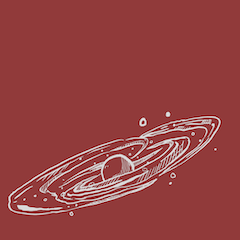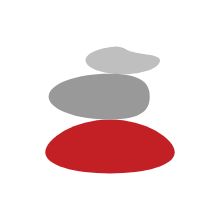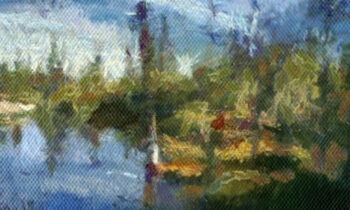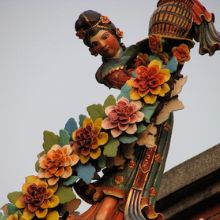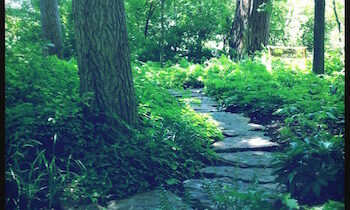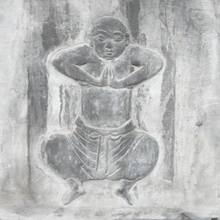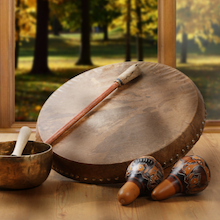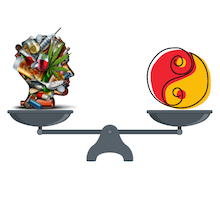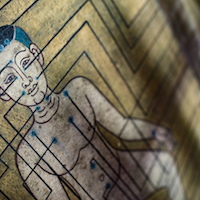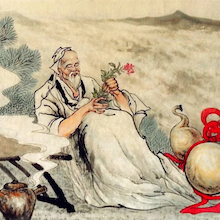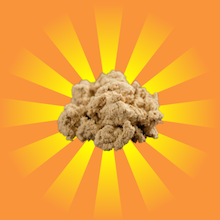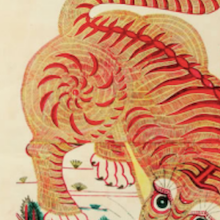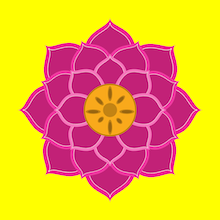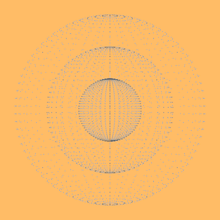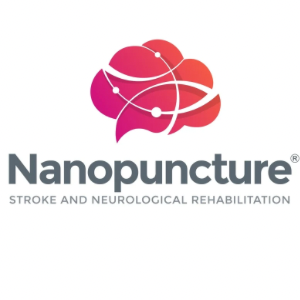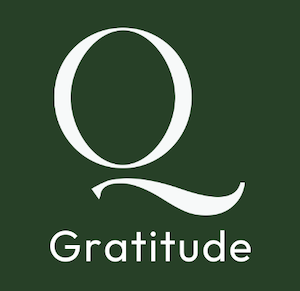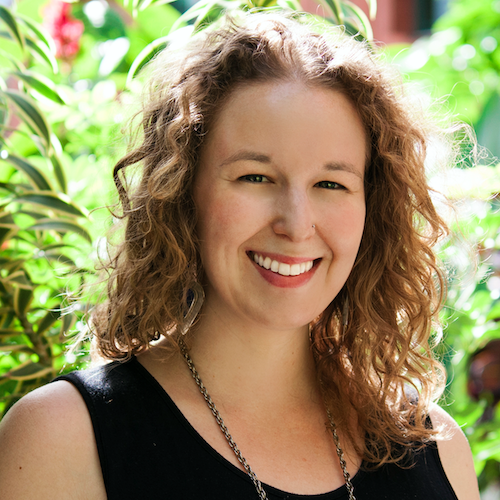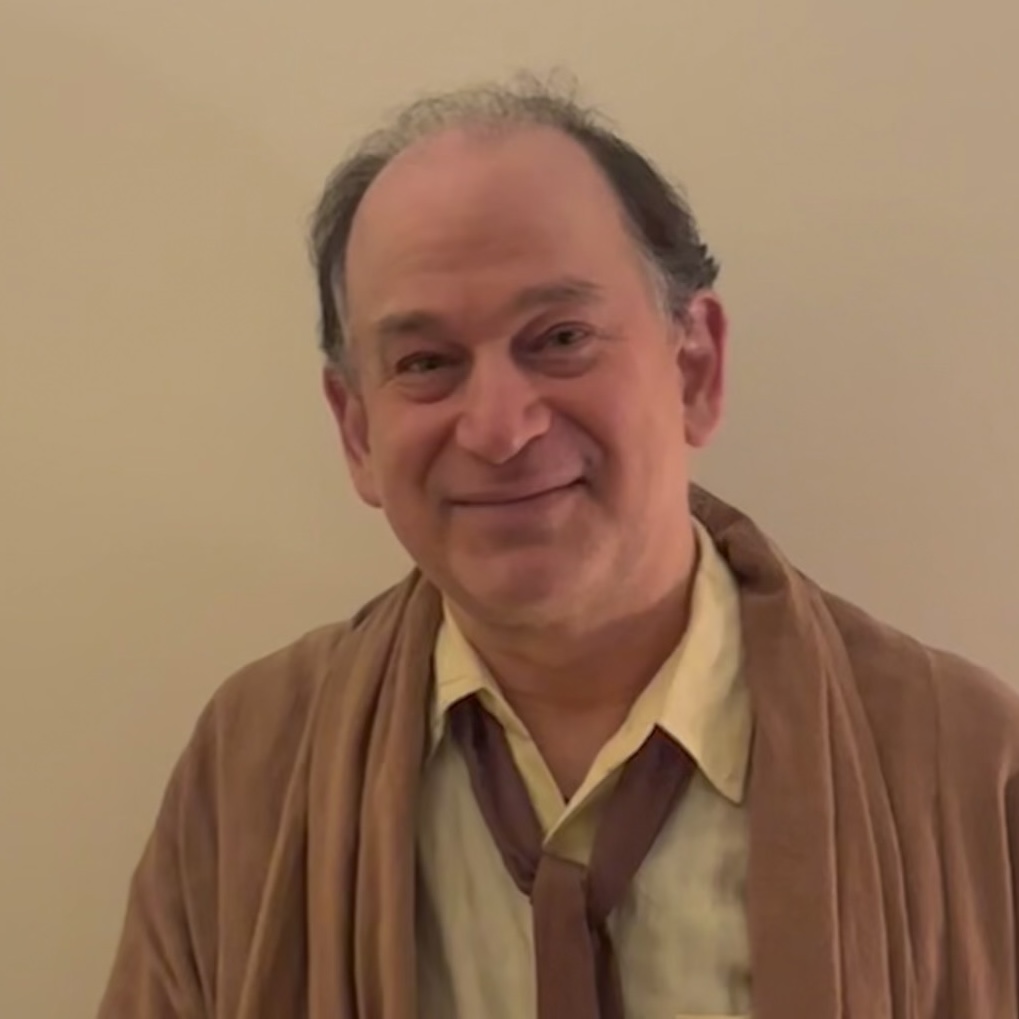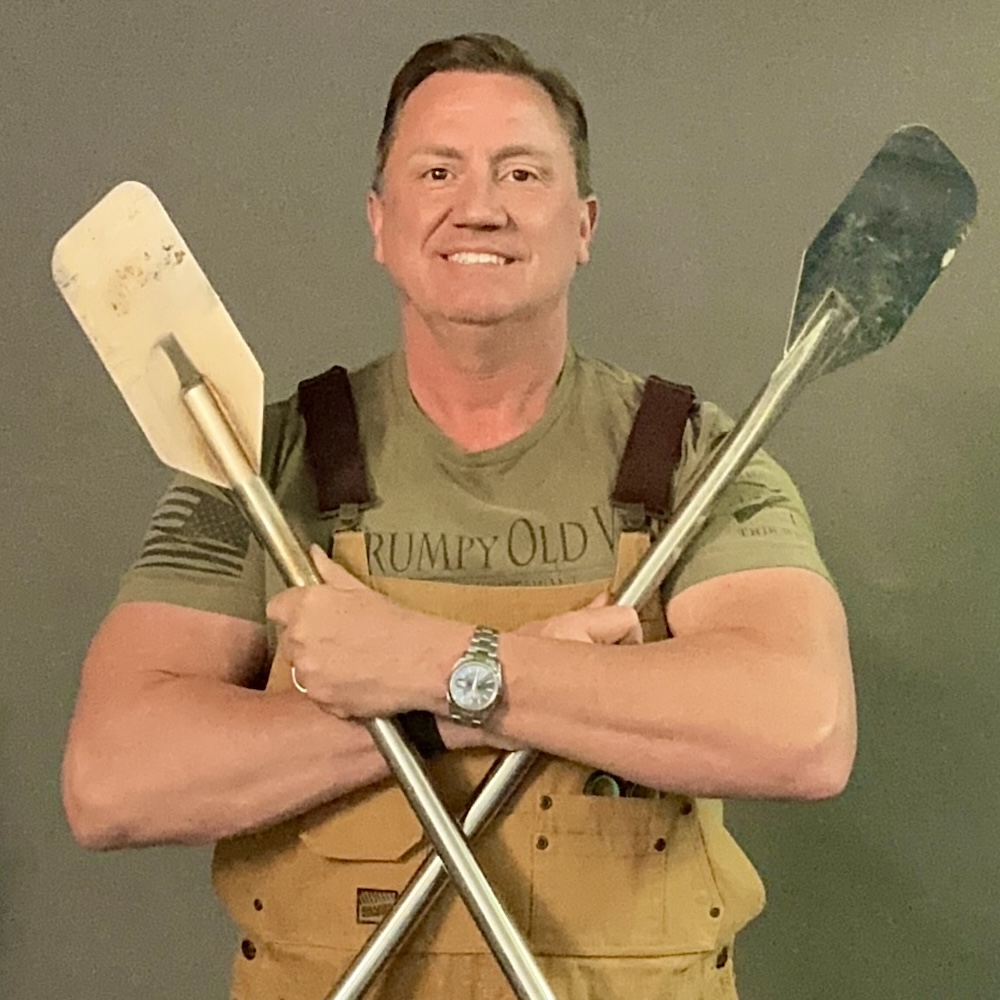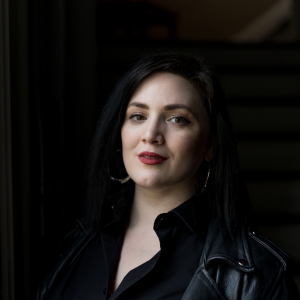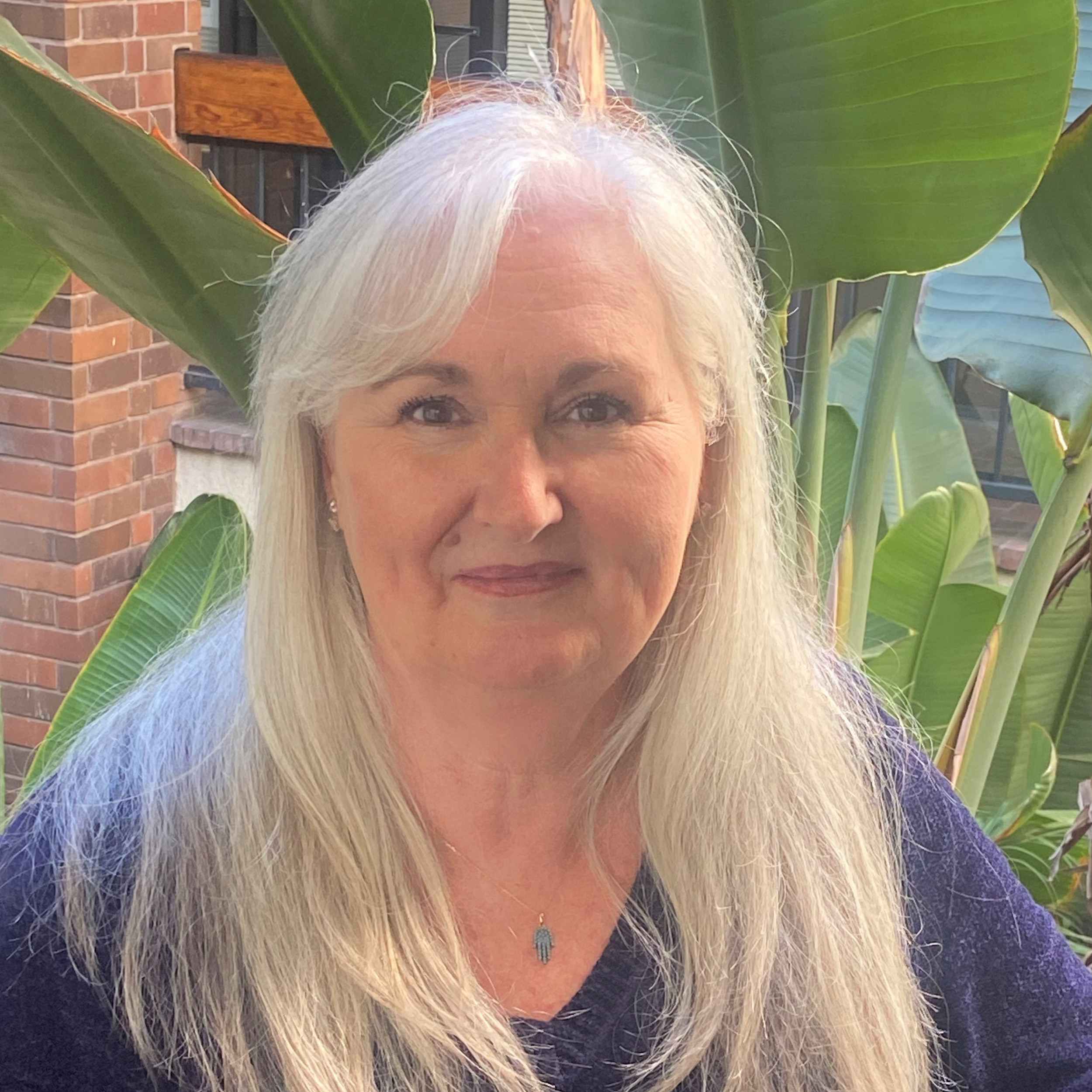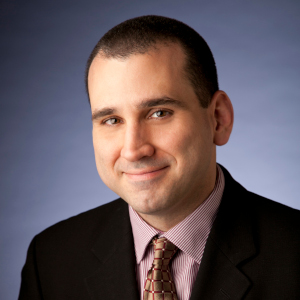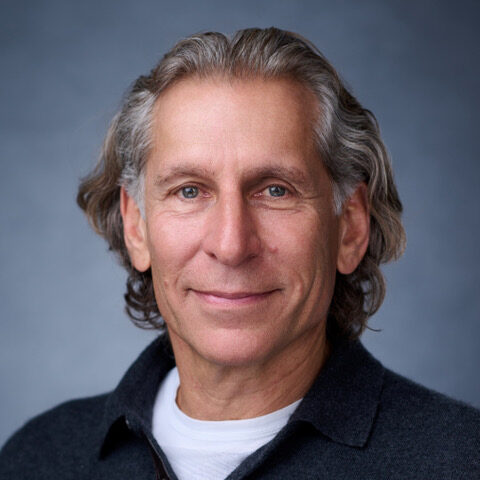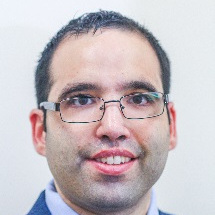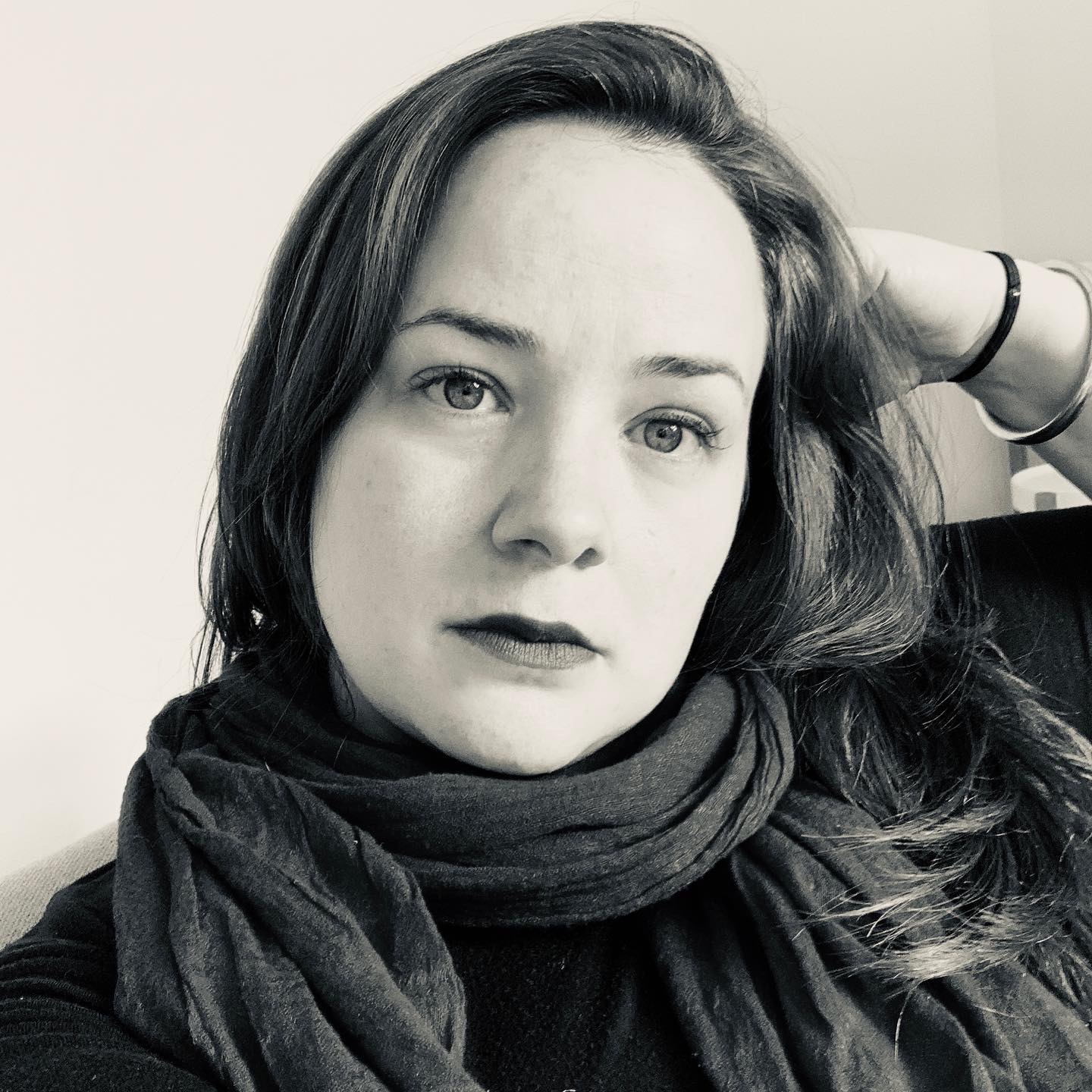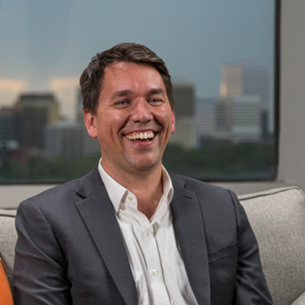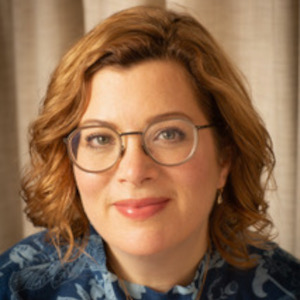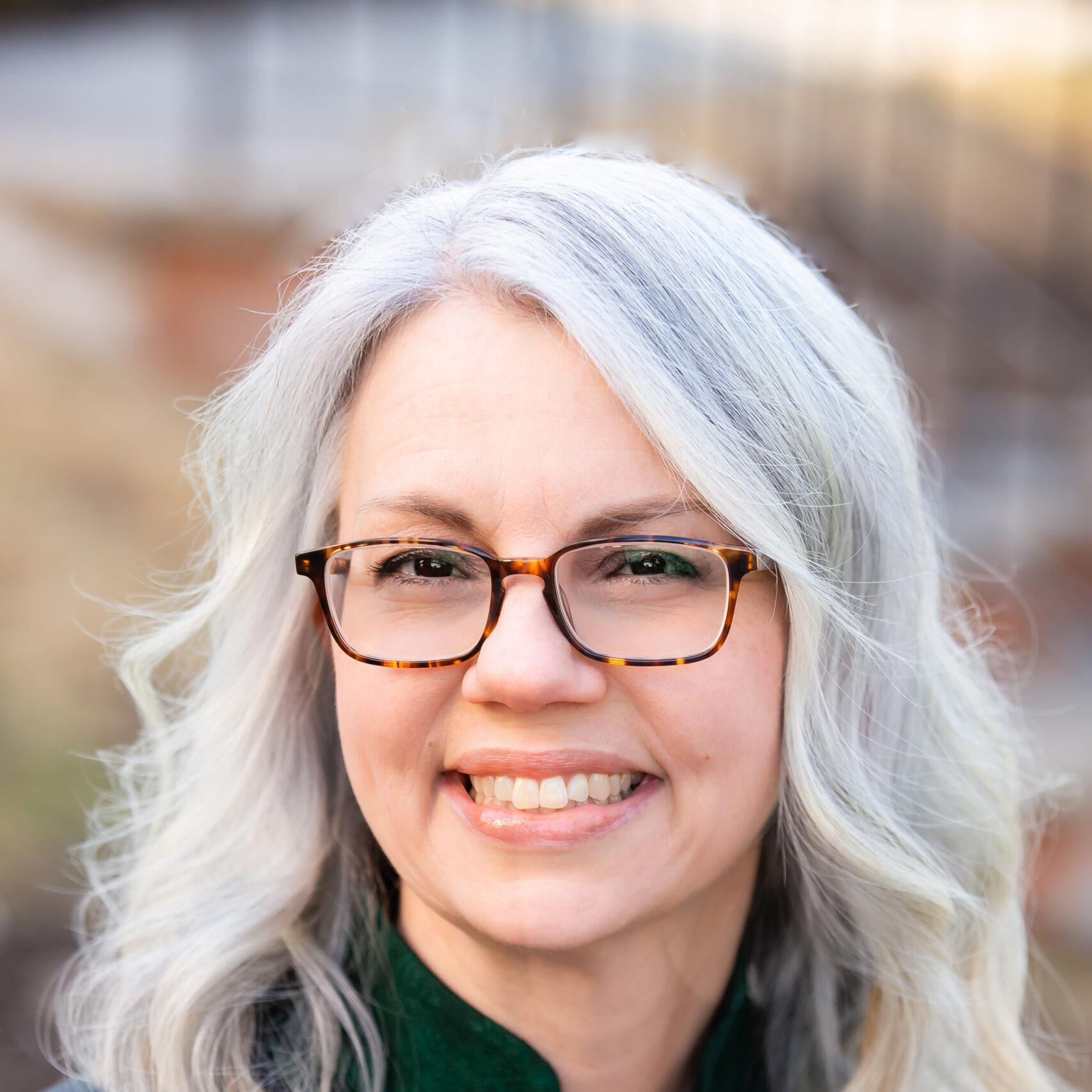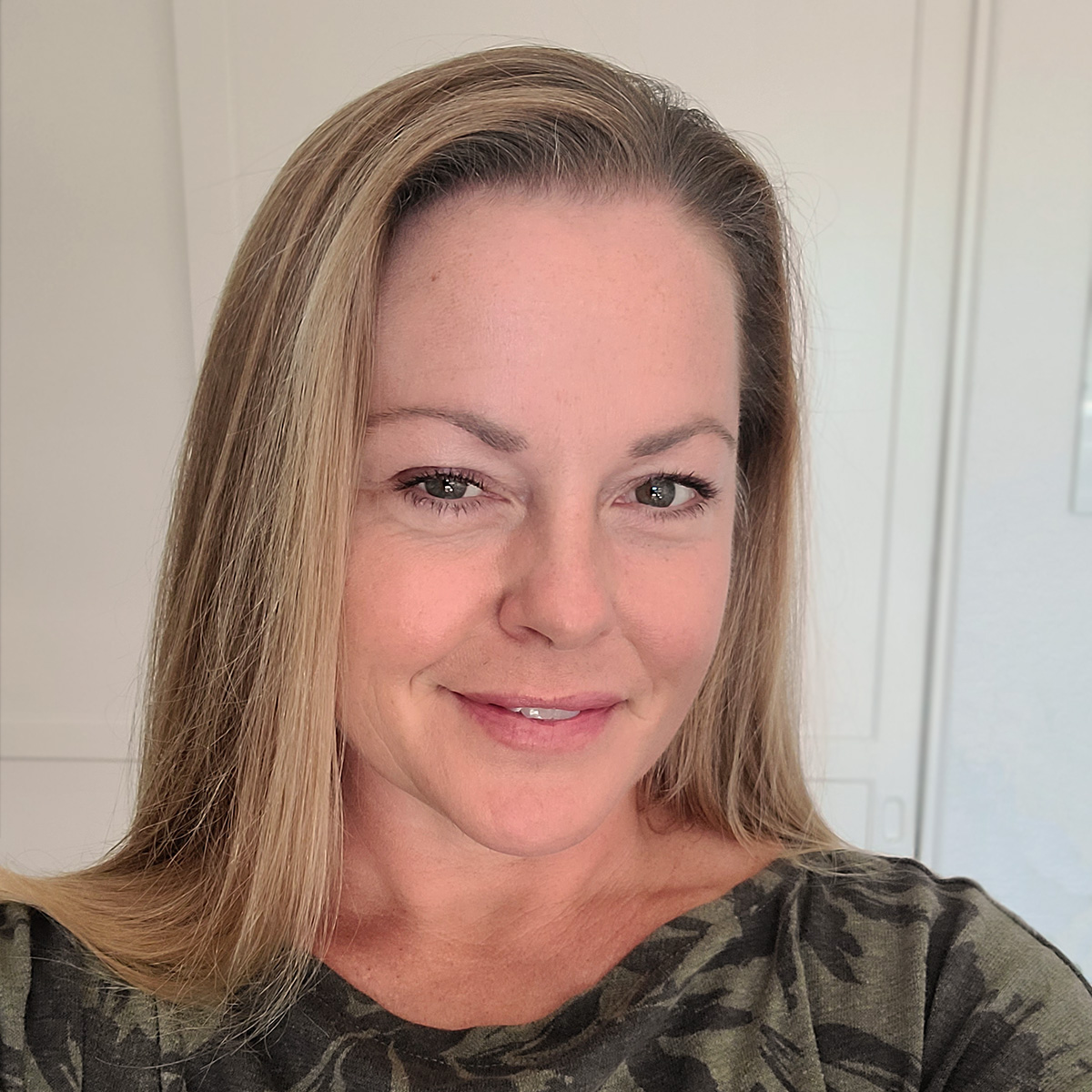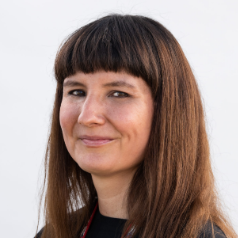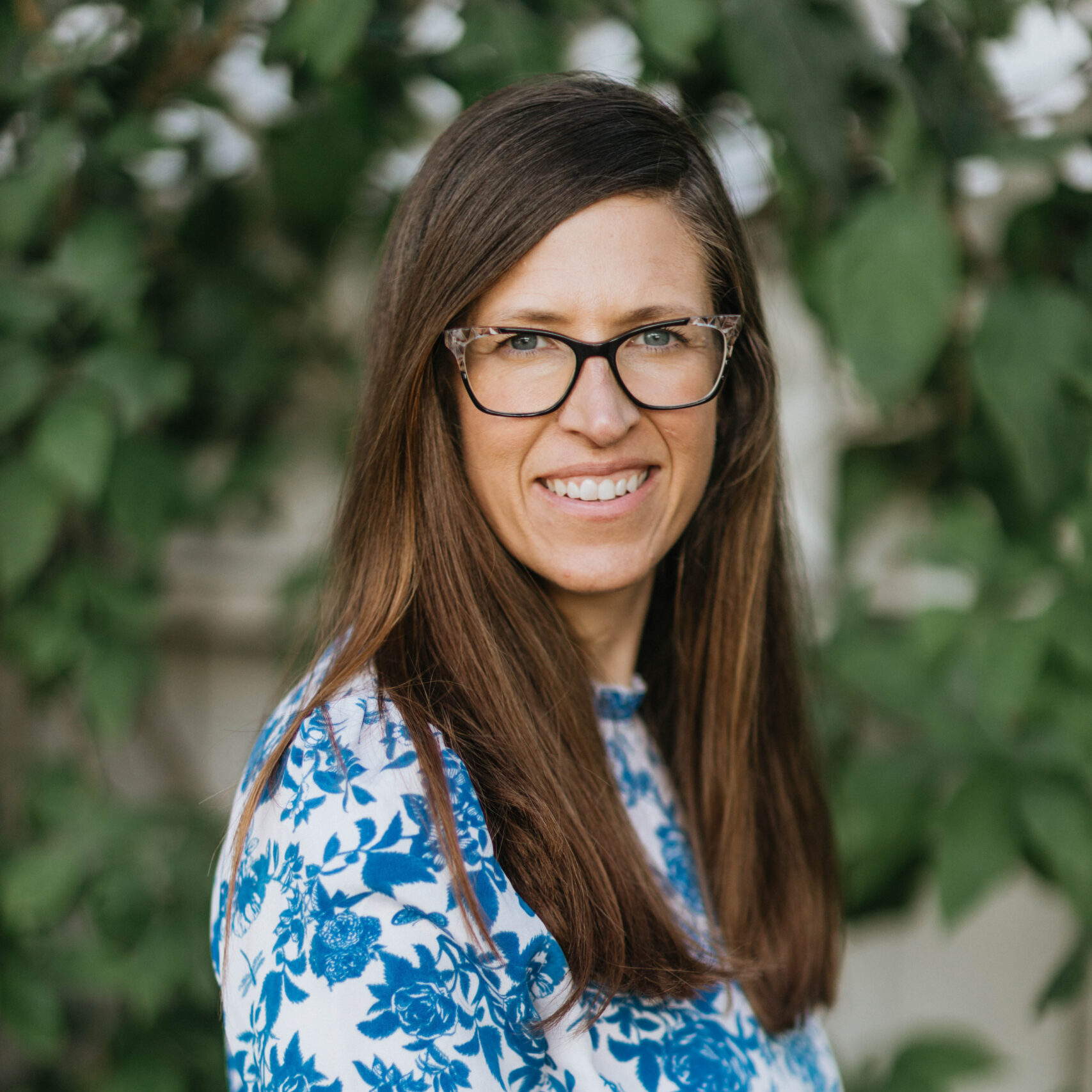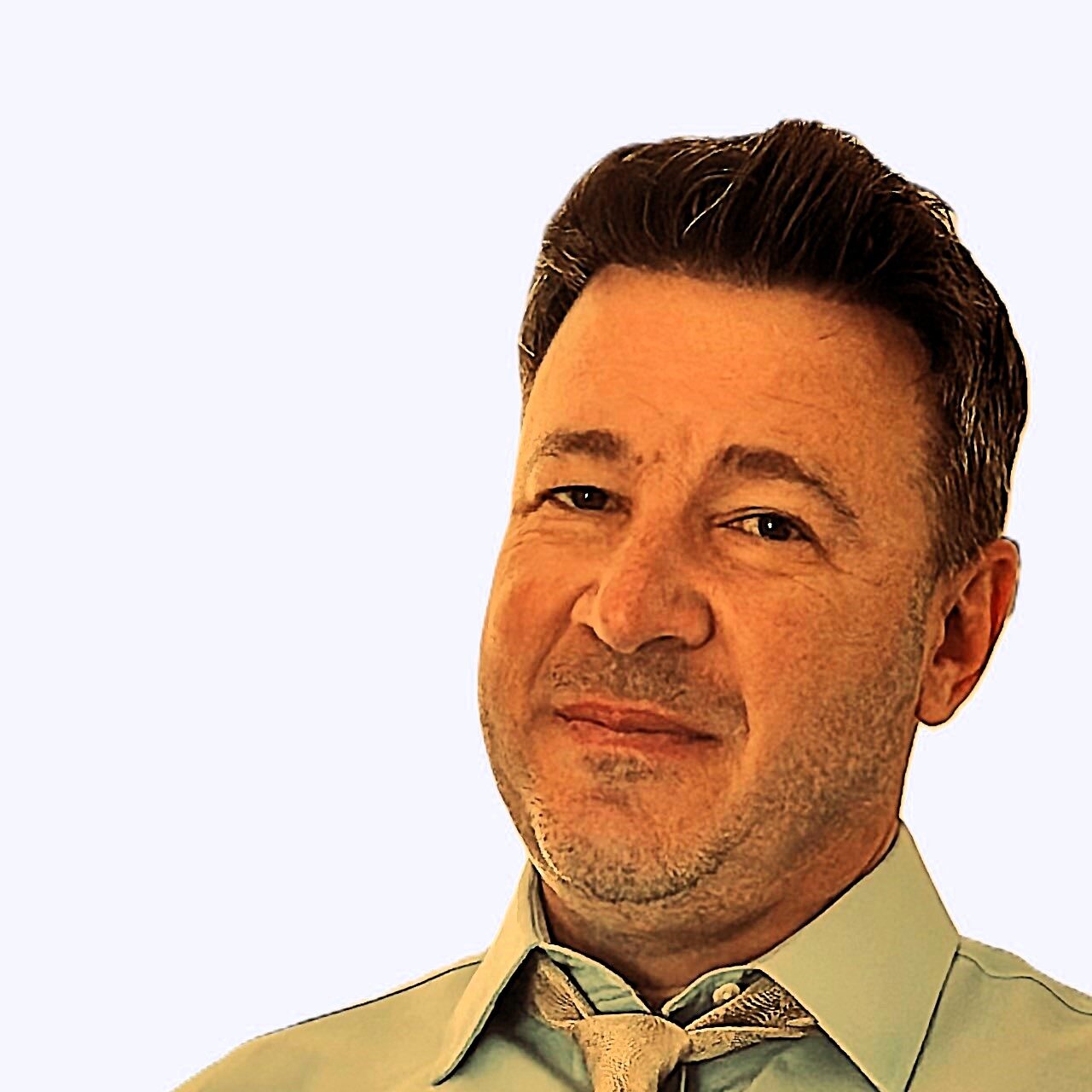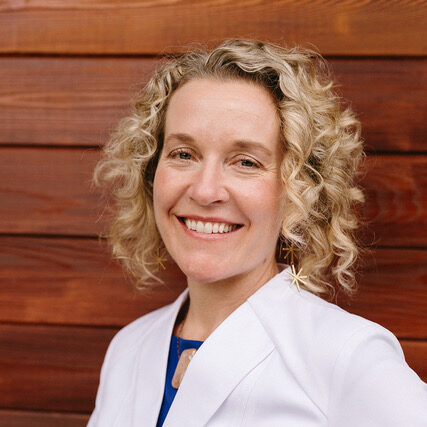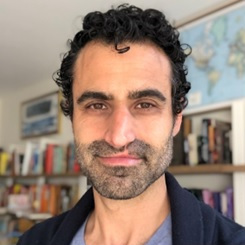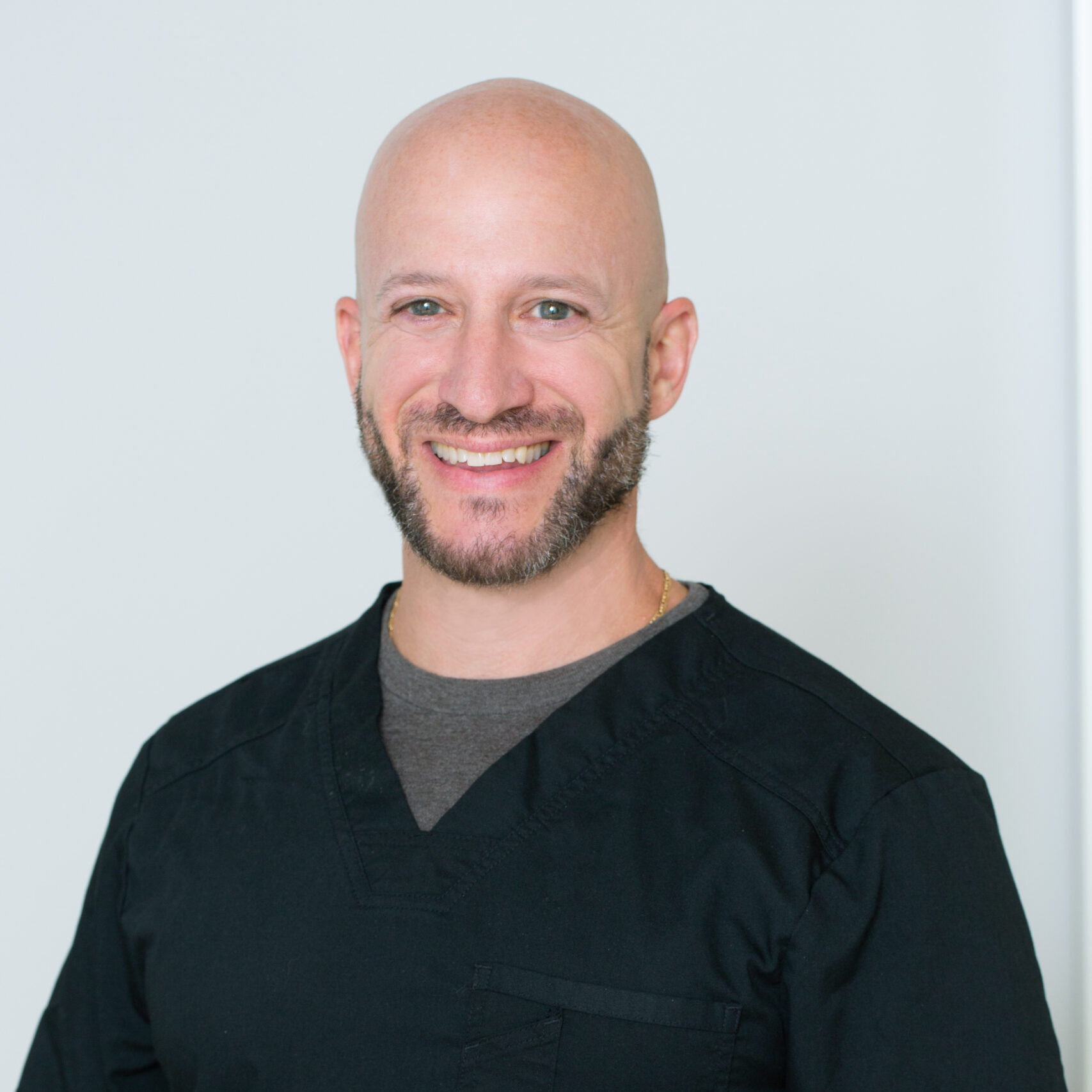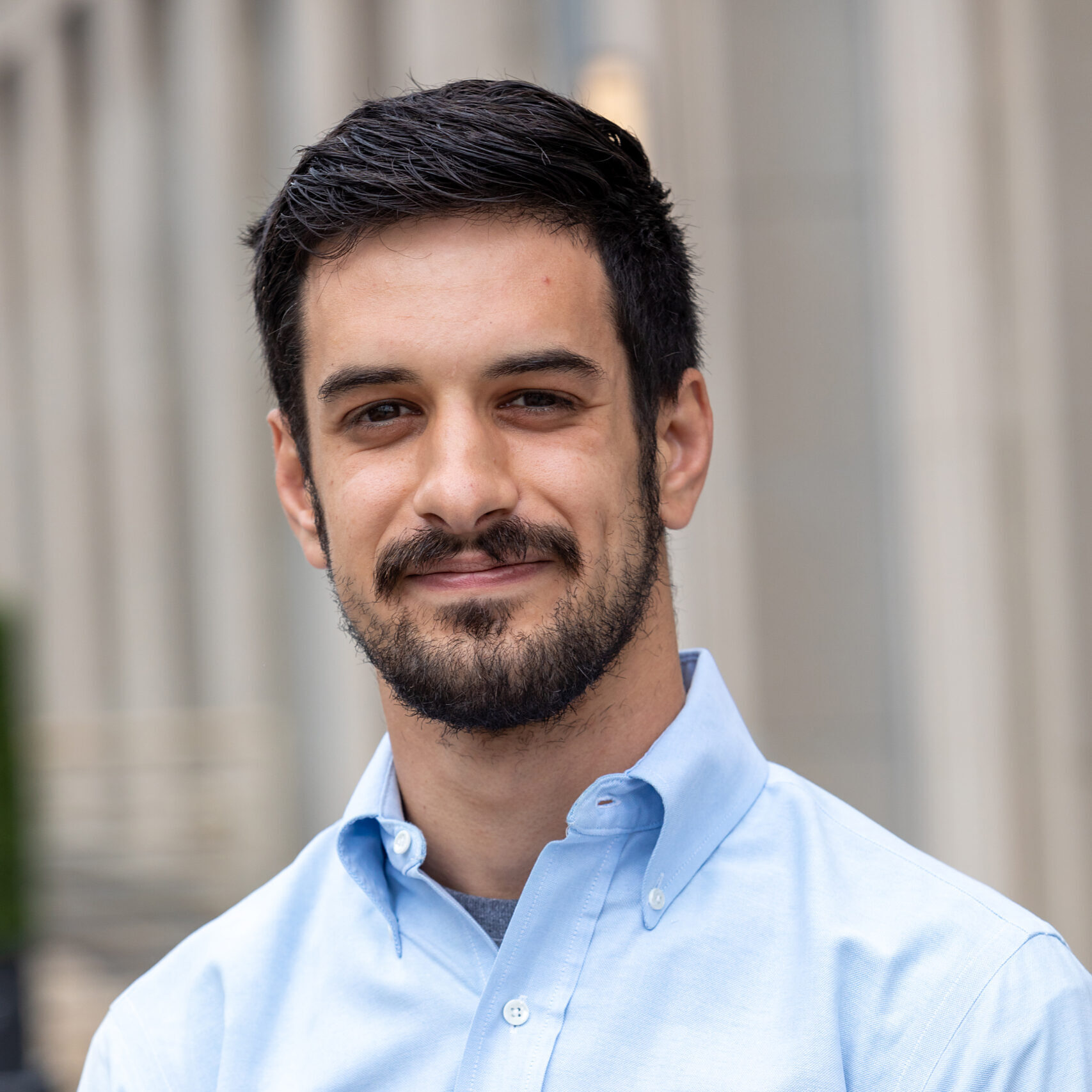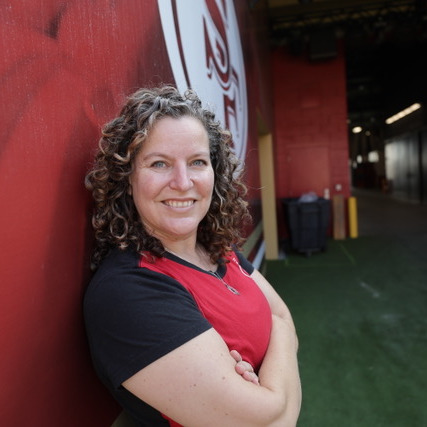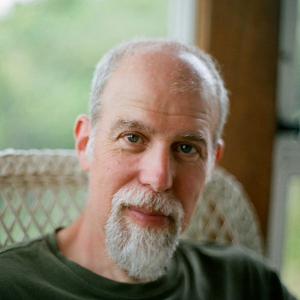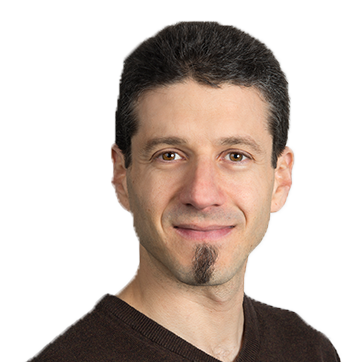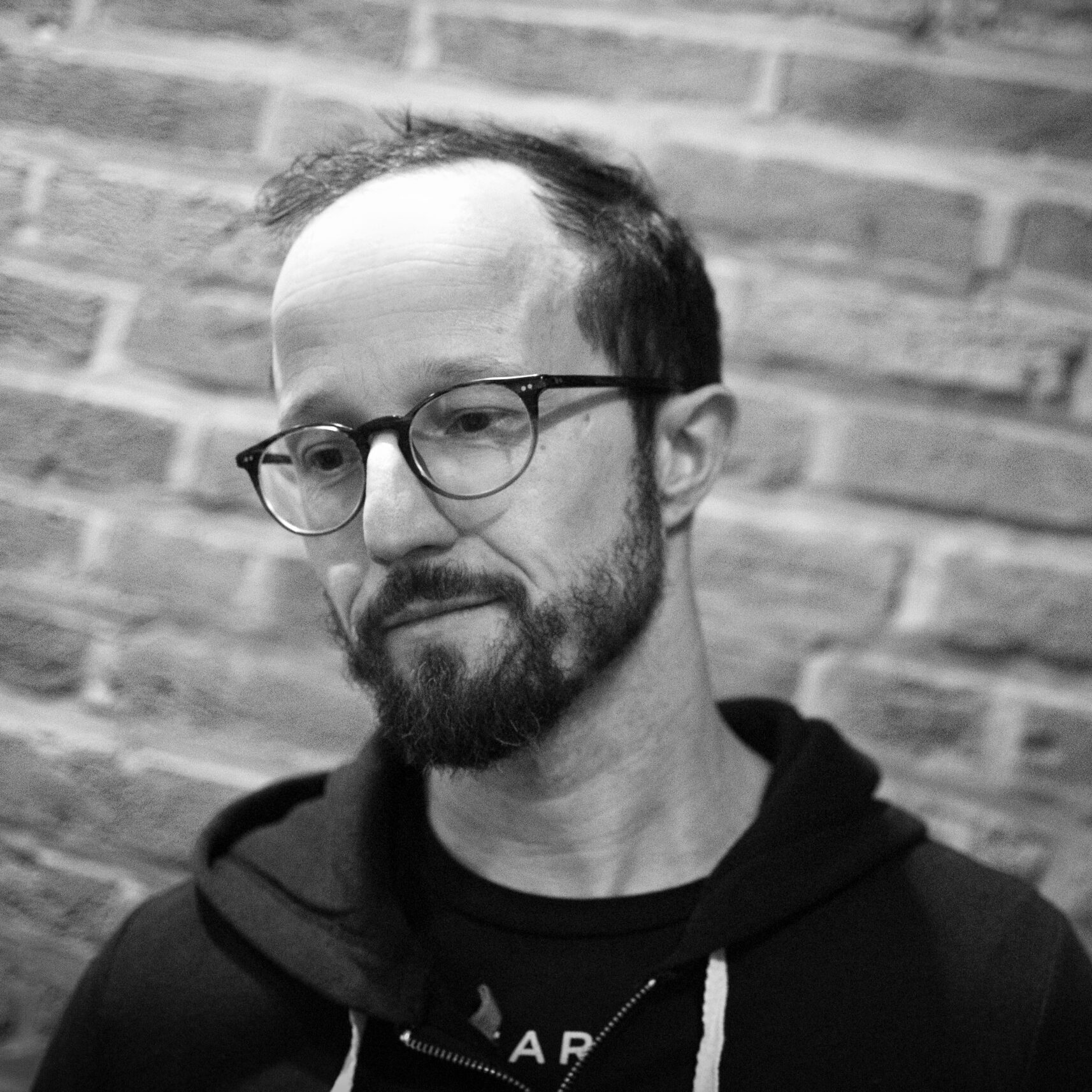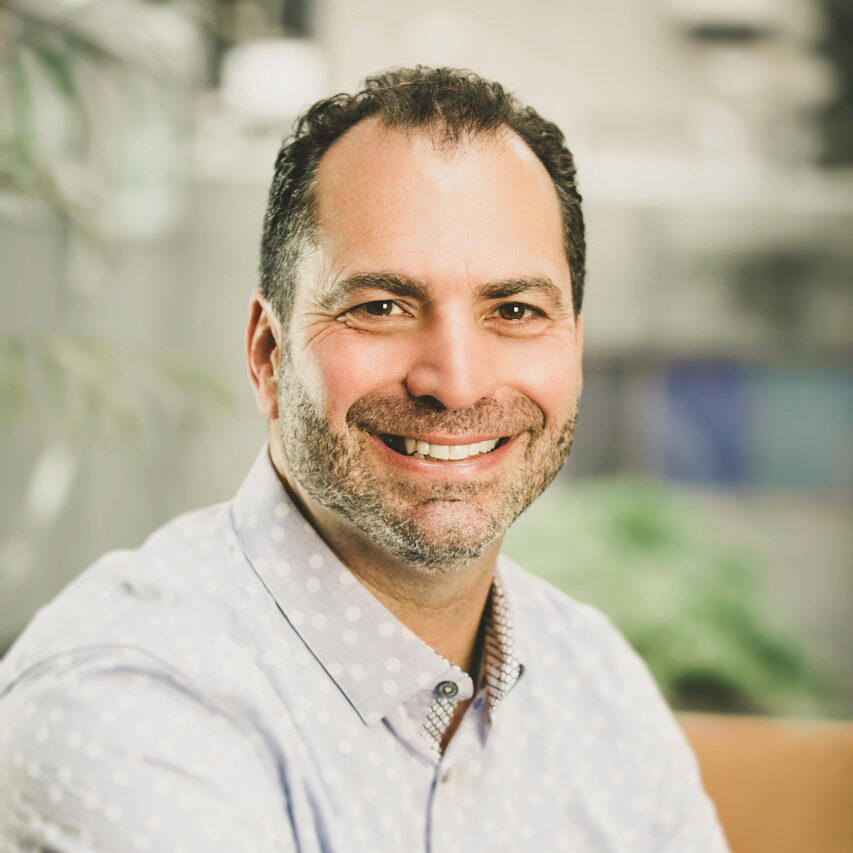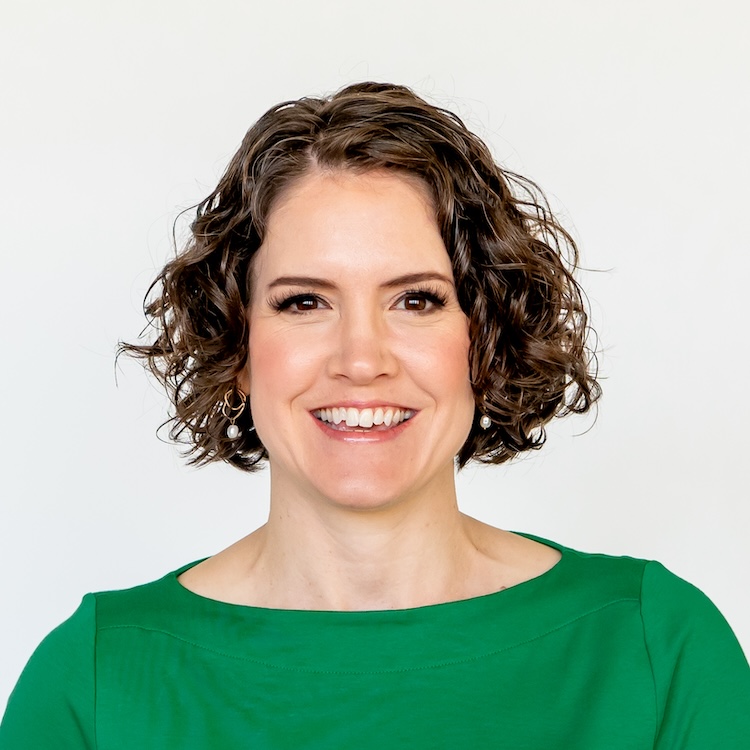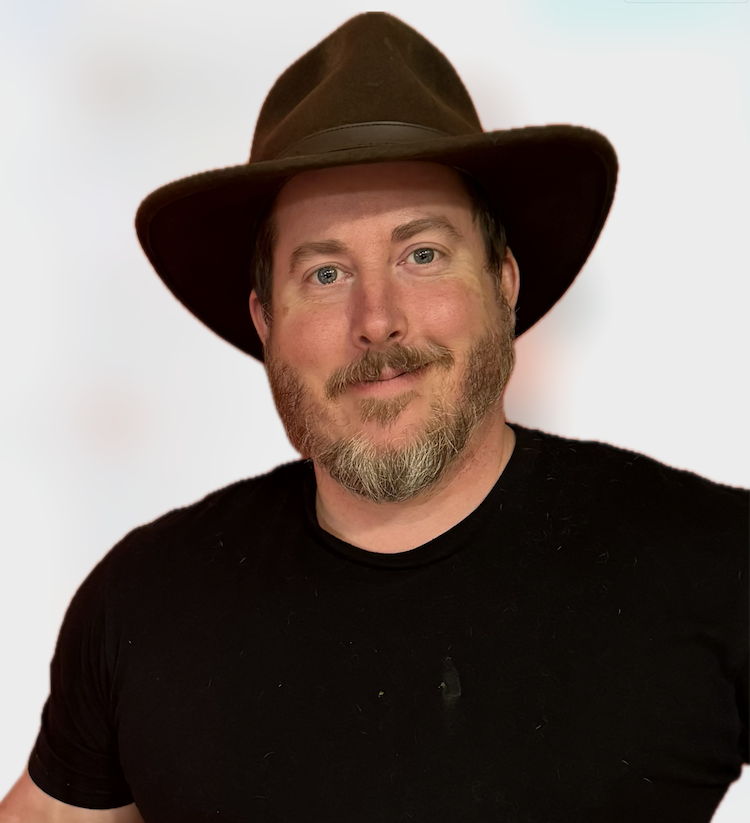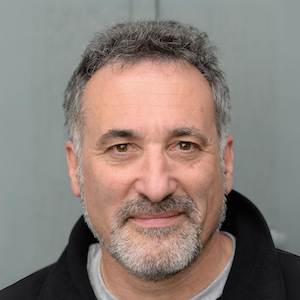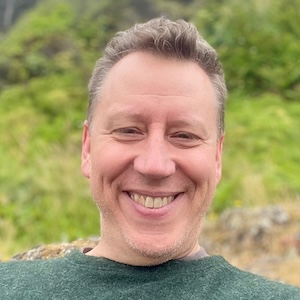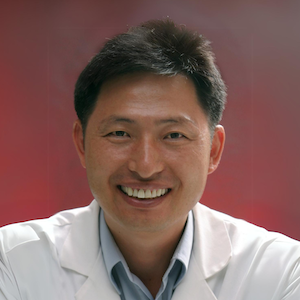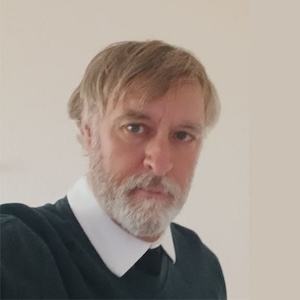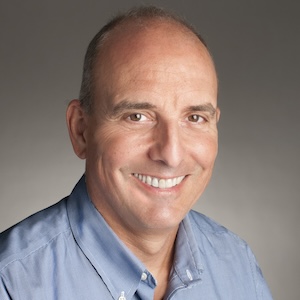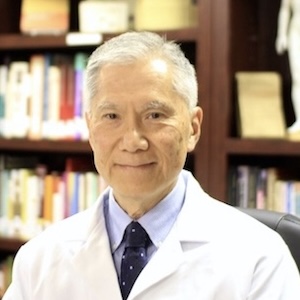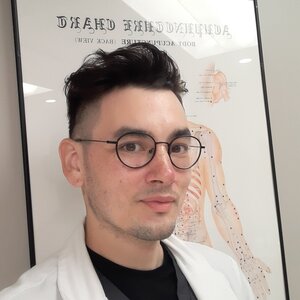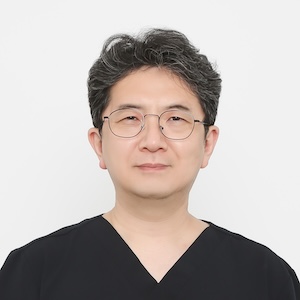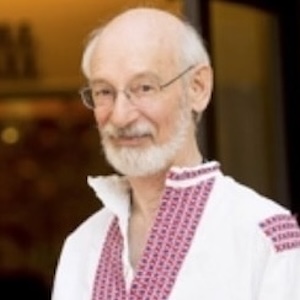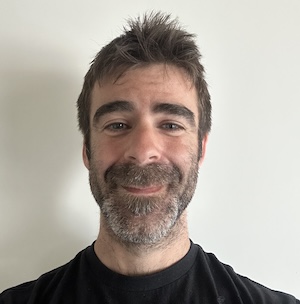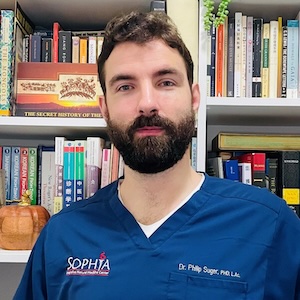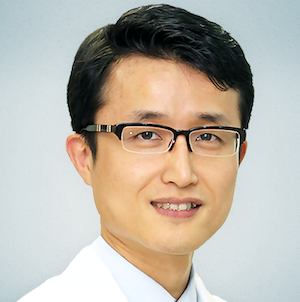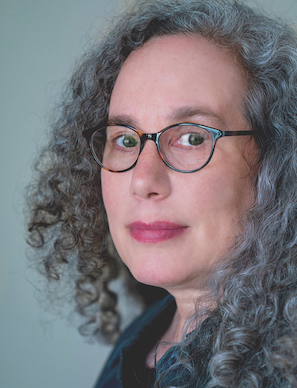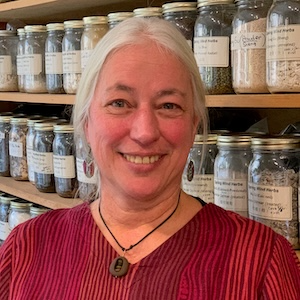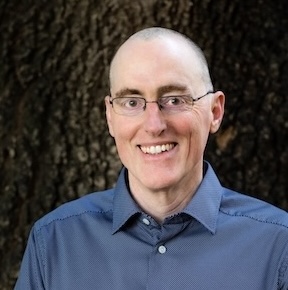398 Fascial Maps and Tung Anatomy • James Spears
Fascia—it's the connective web that holds us together, yet its role in acupuncture is often overlooked. What if understanding this intricate network could refine the way we think about acupuncture, movement, and healing?
In this conversation with James Spears, we explore the interaction of Tung acupuncture and the fascia. James shares his path from traditional acupuncture education to integrating fascial principles, bridging Eastern and Western perspectives in a way that brings a unique integrative view to clinical practice.
Listen into this discussion as we explore how fascia and acupuncture interact, why some Tung points work better than others in certain cases, the neurological effects of hand and foot points, and the overlooked role of structural alignment in musculoskeletal issues.
read moreSubscribe To This Podcast In Your Favourite Player
265 Attending to the Landscape of Body and Being • Stephen Schleipfer
Patients come to us expecting a change in their situation—whether that is to gain or get rid of something. And as the 'expert' in the room, there's a proclivity to go in with the intention to find what's wrong and remediate it. Consider that as a...
read more264 Field Dynamics and Touch • Beth Hazzard
Like quantum physics, our medicine is built on a sense of connection and potential. It inhabits the reality of a unified field where the boundaries of mind and matter, time and space, rest and motion, or sickness and health blur. Humans are part of a universal continuum, a microcosmic reflection of the macrocosm.
In this conversation with Beth Hazzard, we explore sensing and perception in the clinic through the lens of Quantum Shiatsu, which blends physicality, field dynamics and mindset.
read more263 Moving Into Ease, Yin Sotai and the Gentle Journey • Bob Quinn
Hands may not be represented in the Ancient Chinese symbol for listen 聽, ting. But as practitioners of East Asian medicine, we need to understand the importance of listening with our hands, of tapping into the power of intentional touch, and contacting our patients with awareness. Listening with the hands is the foundation of Sotai, Tuina, Shiatsu, and other bodywork modalities.
In this conversation with Bob Quinn, we touch on the use of Yin Sotai as a gentle method of bodywork, including its foundational principles and the implementation of the treatment in the clinic.
read more262 Causes and Conditions of Illness and Health • Greg Bantick
In this episode Greg Bantick and I discuss the various ways that both illness and health can arise, how at times the symptoms we are troubled by are helpful messengers and how the influence of the mind plays a profound role in our wellbeing.
read more261 Taste of Taiwan, An Afternoon in a Tea Shop • Pia Giammasi
Today’s episode is a bit of a soundscape as we spend a portion of the afternoon drinking and discussing tea. Unlike your Western coffeeshop where you pop in for a beverage to go, or you grab a drink and sit with a couple of friends or work on your computer, a Taiwanese teashop has time unfolding at a completely different pace. And it is about dipping not only into something delicious in a cup, it’s about connecting with your community and making new friends.
read more260 Living the Fertile Life • Njemile Carol Jones
I thought my conversation with Njemile would walk through some of the step-by-step things women could do to improve their fertility. Turns out the conversation pivoted into including a deeper investigation of living a life that is connective, generative and mindful.
Listen in as we explore the cultivation of fertility and connectedness in all the aspects of our lives. And gain some insight into what it means to live a fertile life.
read more259 Difference Between Presence and Control • Stuart Kutchins
Qiological is on vacation for the month of July, this discussion is one of a series of ‘summer re-runs’ of some of our favorite conversations from Everyday Acupuncture Podcast, which was the forerunner of Qiological.
Many of us fire up a meditation practice only to find ourselves sitting in an overwhelming riot of thought and agitation. Isn’t this practice supposed to calm us down, lower blood pressure, ease the migraines, and maybe give our recurring assortment of anxieties, troubles and tribulations a nudge to the curb? Maybe… but maybe not. Listen in!
read more258 A Look at the Tiger Year from the Halfway Point • Gregory Done
In this conversation, we visit again with Gregory Done as we transition to the second half of the year. We spoke earlier this year in episode 249, where we discussed the interaction of character, nature, and fate—and how this informs our experiences. In this conversation, we explore the harmonizing of capacity and opportunity as the annual cycles of yin and yang change into each other.
read more257 Qi, Blood and Fluids • Jeffrey Dann & Mark Petruzzi
In this conversation with Jeffrey Dann and Mark Petruzzi, we touch on the concrete yet nuanced experience of reading the body through touch, including how to create space for a more therapeutic connection for both the patient and practitioner. We explore the need to be attentive, the value of appreciation in our clinical work, and the application of the teishin
read more256 Bridging Worlds, Shamanism and Clinical Practice • Sean Fox
In this conversation with Sean Fox, we traverse the world of shamanism and how it connects with our work in the clinic. How it can be a bridge between time and reality. We explore how we can use physical sensing and guidance from non-ordinary reality to intentionally set up spaces for healing
read more255 Puzzling Through the Heavenly Stems • Deborah Woolf
Everyday we sit with people in our clinic and puzzle through the questions of “What is going on for them,” “Can I see clearly what they need,” and “Do I understand how this person is an expression of yin/yang, heaven and earth?”
Our patients have a story. And so do we, except we usually call it Chinese medicine theory and we are seeing if we can take our Western minds into the world of East Asian medicine, and come back with something helpful. Our Western minds orient us towards the linear, but Chinese medicine thinking– that has us going in circles, cycles and waves.
read more254 What Acupuncturists Need to Know About Websites • Mike Kay
In this conversation with Mike Kay, we decipher websites for acupuncturists—including where to begin, the platforms to use, useful design elements and imagery, tuning up your SEO, and perhaps most importantly—creating compelling website copy. Tech-talk aside, we also touch on clinical work, discussing topics such as the need for boundaries in practice, the importance of engagement with patients, and finding value in skepticism.
read more253 Addiction and Healing • Randal Lyons
Defining addiction has long attracted a medley of explanations—with some leaning towards nature, some nurture, and others towards a perfect storm of both. It’s a complicated subject. Especially when our addiction fueled behavior is seen as socially acceptable, or perhaps even valued.
In this conversation with Randal Lyons, we step into the dark forest of addiction, recovery and Chinese medicine. According to Randal, we need the right language to recognize and treat each patient's different expressions of addiction. We discuss the concept of spirituality in medicine, inviting patients to participate in their healing, leaning on remembrance, and how being present goes a long way in connecting with our patients.
read more252 Considering Acupuncture • Ann Cecil-Sterman
In this conversation with Ann Cecil Sterman, we explore the potency and mystery of acupuncture, how it works, the importance of through intention, being present, and approaching the treatment with an element of certainty. We also touch on the need to trust acupuncture, the power of the mind, and the great luo of the Stomach.
read more251 Medicine, Ethics and Virtue • Sabine Wilms
In this conversation with Sabine Wilms, we explore the complex dynamics of power and the idea of a virtuous hierarchy borne out of the authority of competence. We also bat around the inadequacies of translations and the limitations of language. And as a storyteller at heart, Sabine weighs up the concept of yangsheng using some popular Chinese teaching tales.
read more250 Moxa to the Rescue, Researching Moxa in the Treatment of Long Covid
In this conversation with Merlin Young, we talk about the mission of Moxafrica in designing a cheap, adaptable, and safe intervention for COVID long-haulers. We explore how his non-profit is trying to replicate the positive results they saw in moxa treatment for antibiotic-resistant tuberculosis. And how the results of their research could make a difference for long-haulers and provide our East Asian medicine community with valuable research on how moxa might help with the sequela of the coronavirus.
read more249 Character, Nature and Fate— Navigating the Human Realm with Polestar Astrology • Gregory Done
Where do we come from, where are we headed and what should we do in the interim? Is the blueprint of our life set in stone, or do we have the free will to control our destiny? It is so very human to contemplate our mortal fate and infinitesimal position in the cosmos.
But what if the answers to life’s most elusive questions are written in the stars? What if we can catch a glimpse, a silhouette, or a knowing of how our stories unfold? According to Chinese Polestar Astrology life is a dance between Fate, Nature, and Character…
read more248 Starting a Free Clinic • Bess Randles & Kyle Yoshioka
In this conversation with Bess and Kyle, we explore their journey of creating a free student-run acupuncture clinic as an avenue to mature as professionals and scratch an itch for social justice-oriented and community-based work. We touch on the existing disparities in health care and their desire to change the narrative around acupuncture, its perceived accessibility, and how it is a potent medicine for healing that invites people into their own power.
read more247 Menopause, the transformative gateway of connection • Kath Berry
Change is inevitable. Our lives are a series of transitions. Winter blooms into spring. Weekends slow down to Mondays. Puberty arrives and rearranges our psyche, feelings, and sense of self. And for half the population, menopause occurs. Change is constant in life. It’s always swirling around us, pulling us into its wake, and some changes are more transformative than others.
read more246 Tools, Perception, and Attention • Gary Klepper
Our tools don't just expand our faculties. They change what we can do by training our physical and cognitive senses. They temporarily become part of who we are. In a sense—we are the tool in our clinical work. We act as a kind of both filter and mirror for our patients, and help them tap into latent resources they did not know they had.
In this conversation with Gary Klepper, we investigate the idea of perceiving the Teishin as a listening post to amplify our attention and how to interpret and utilize that sensory stream of information within clinical settings. We also explore the topic of cultivation, working from home, and how online tools help open up new lines of communication to facilitate the practitioner-patient relationship.
read more
